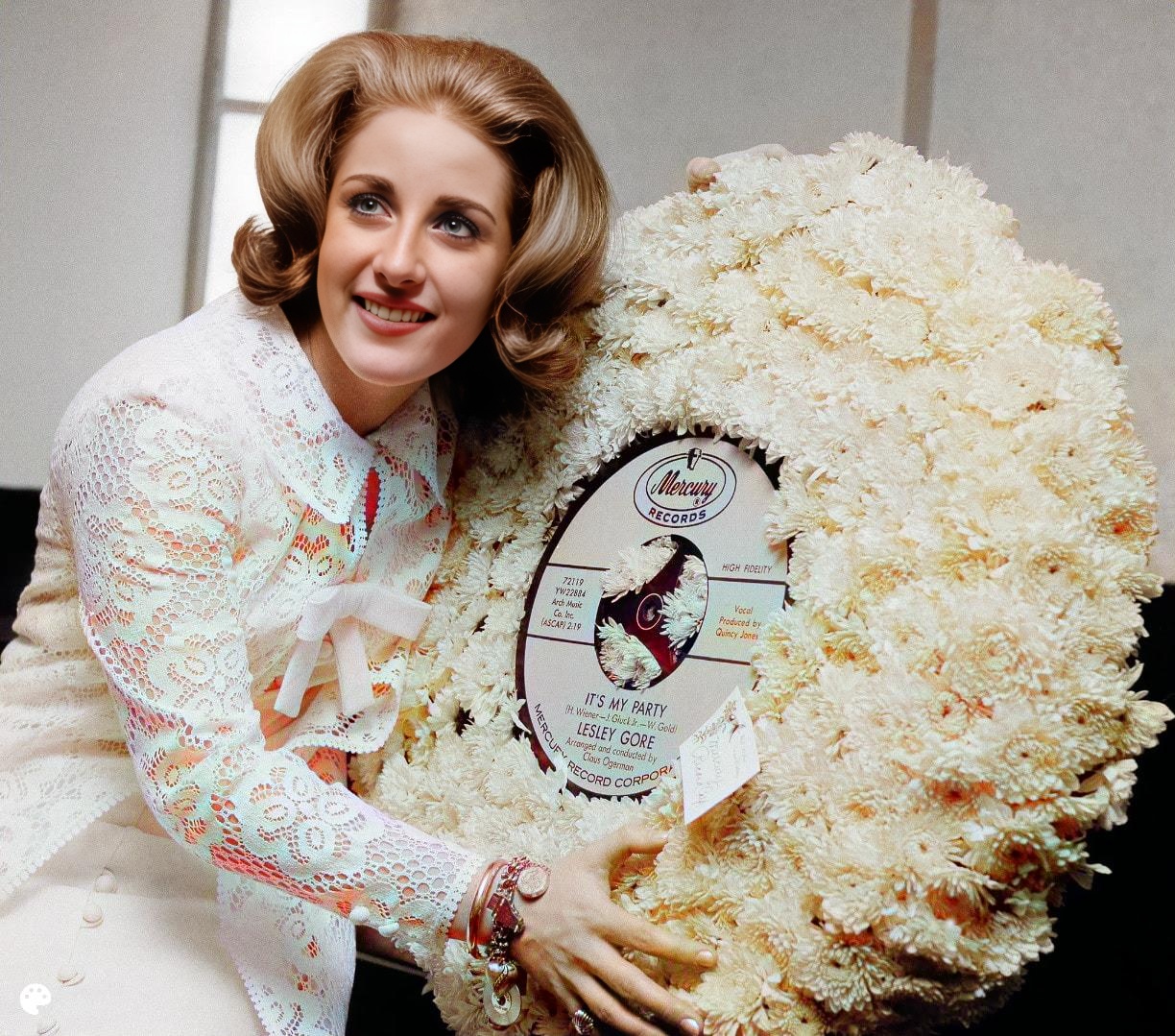
Lesley Gore, a name synonymous with the burgeoning feminist movement in the 1960s and a beacon of youthful rebellion, burst onto the music scene at the tender age of 16. While she had other popular hits like “It’s My Party,” it’s her 1963 anthem “You Don’t Own Me” that continues to resonate across generations. Gore wasn’t just a singer; she was a symbol, a voice for young women seeking autonomy in a world dictating their roles. Though she didn’t garner massive award recognition for this specific song at the time, it cemented her place in music history and on Billboard charts, reaching number two and only being kept from the top spot by The Beatles.
“You Don’t Own Me,” far from being a simple teenage lament, is a powerful declaration of independence. It’s a rejection of societal expectations and a demand for respect, with Gore confidently asserting her right to make her own choices in relationships and in life. The lyrics, penned by John Madara and David White, speak of a woman refusing to be controlled or dictated to, emphasizing her intelligence and ability to think for herself. It’s a bold statement that resonated deeply with young women who were beginning to question traditional gender roles and yearn for agency over their own lives.
The song’s impact was immediate and long-lasting. It became an anthem for the feminist movement and continues to be used in popular culture to represent female empowerment. Audience feedback throughout the years has consistently praised its message of independence and self-respect. Generations of listeners, both male and female, have connected with its theme of self-determination, solidifying “You Don’t Own Me” as a timeless and culturally significant song that transcends its original era. It’s a testament to Lesley Gore’s enduring legacy and her powerful contribution to the fight for equality.